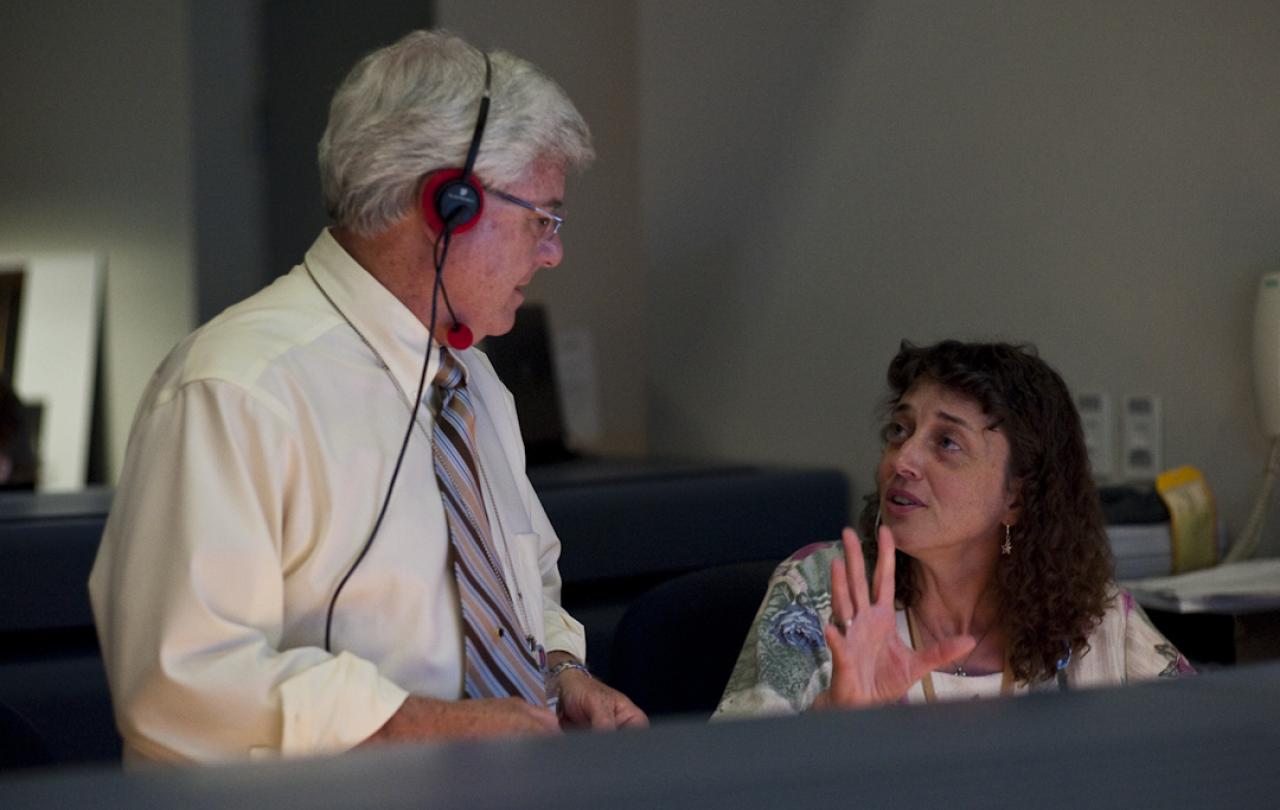How did the Judeans feel about the Romans? Were there ever friendships between Jew and Gentile oppressor? How did the average man or woman feel about Herod? What was their attitude to a priestly and religious hierarchy? Were the Wise Men buffoons? Letts weaves such themes through a narrative laden with the humour and heart-warming episodes that mark the best ‘slice-of-life’ writing. The people of first century Jerusalem might be separated from us by time, space, language, culture, and cuisine, but their highs and lows, their gripes and loves, their daily search for happiness and meaning, are no different to ours.
Underpinning the story is Simeon’s daily watch for the promise of the Christ. Letts has ten verses from the Gospel of Luke as a foundation to build his protagonist, and four of these are a song. Undeterred, Letts uses Simeon as a cypher to explore further and deeper themes: youthful indiscretion, regret, passion, love, shame, faith, doubt.
Letts also allows for a certain frisson of imaginative licence to round out his back-story. What was Simeon’s profession? Who were his parents? Did he know Anna the Prophetess? Why had God given him this task of watching and waiting, praying and hoping? Never overexplaining or labouring the point, Letts grants the reader a few moments of memory and introspection from the old man, but otherwise invites us to understand Simeon through his daily dealings with those around him.
By the end of the novel we have not only one of the funniest characters of modern fiction, but one of the most spiritually and emotionally complex. I prepared to leave Simeon – encountering Mary, Joseph, and the infant Christ – feeling as if he was a member of the family.
Letts concludes the novel with Simeon’s great biblical performance: ten verses which suddenly take on a remarkable poignant weight. The novel quietly switches gear to become a theological meditation worthy of any spiritual writer. The humour never vanishes, the confessional power never overwhelms, the lightness of touch is always present; and yet the novel takes on a new intensity and seriousness that took me by the hand and led me to look upon the mystery of life, death, truth, beauty, and goodness.
It took me a while to make it through the final two chapters…my eyes kept misting with tears.
If you only read one novel this year, please let it be NUNC!






